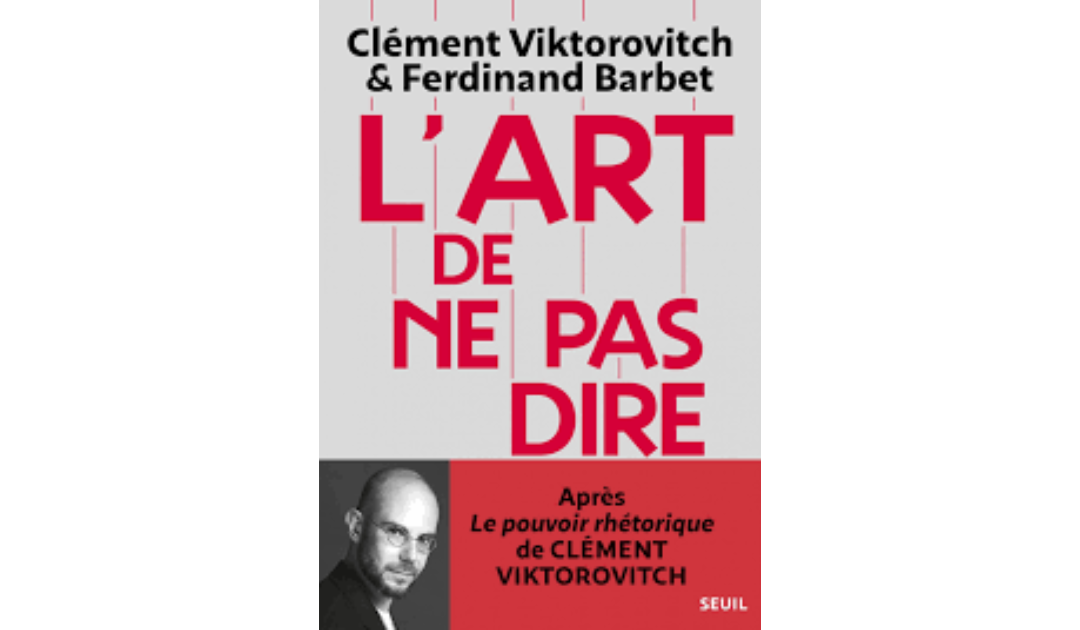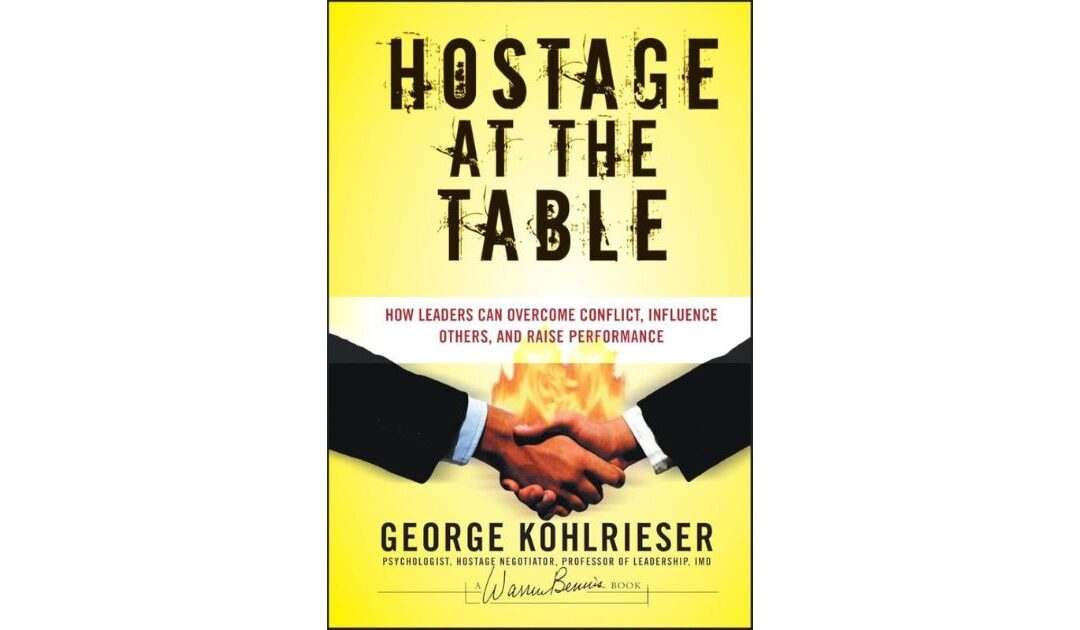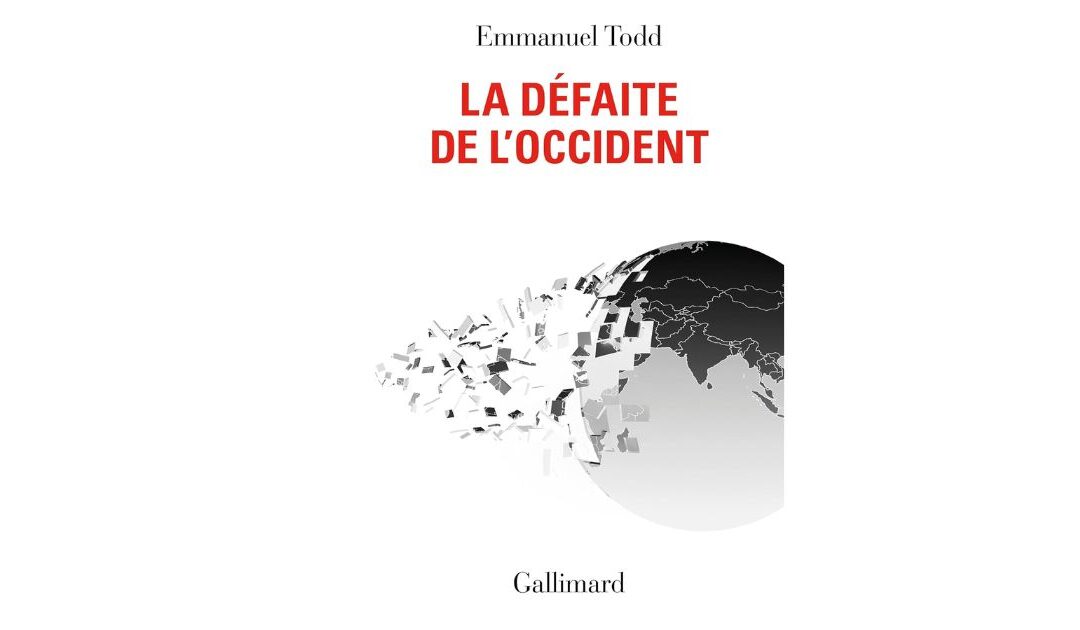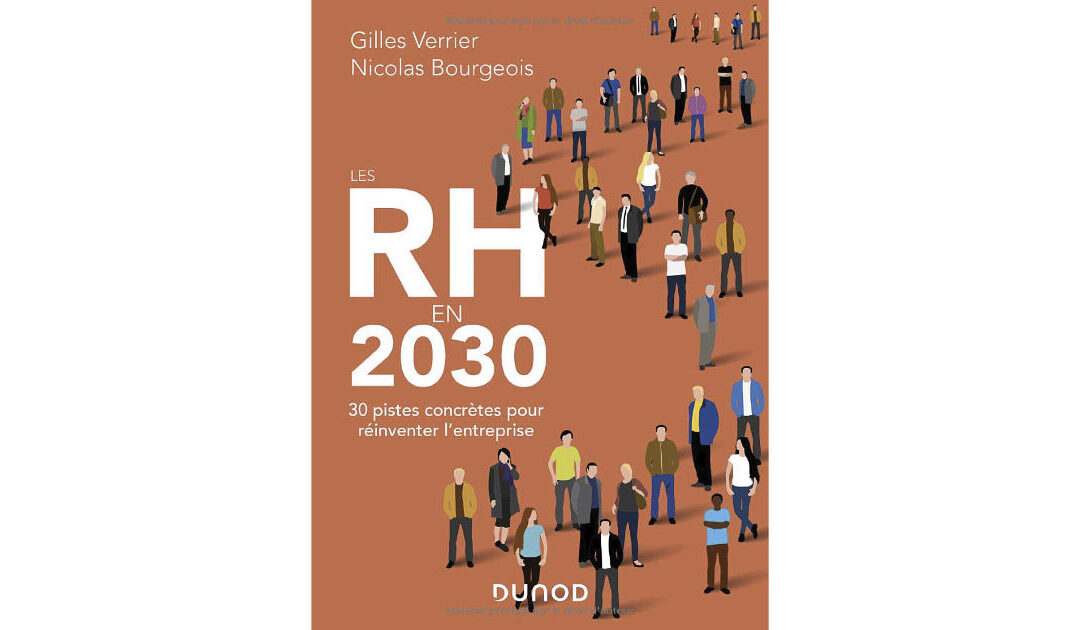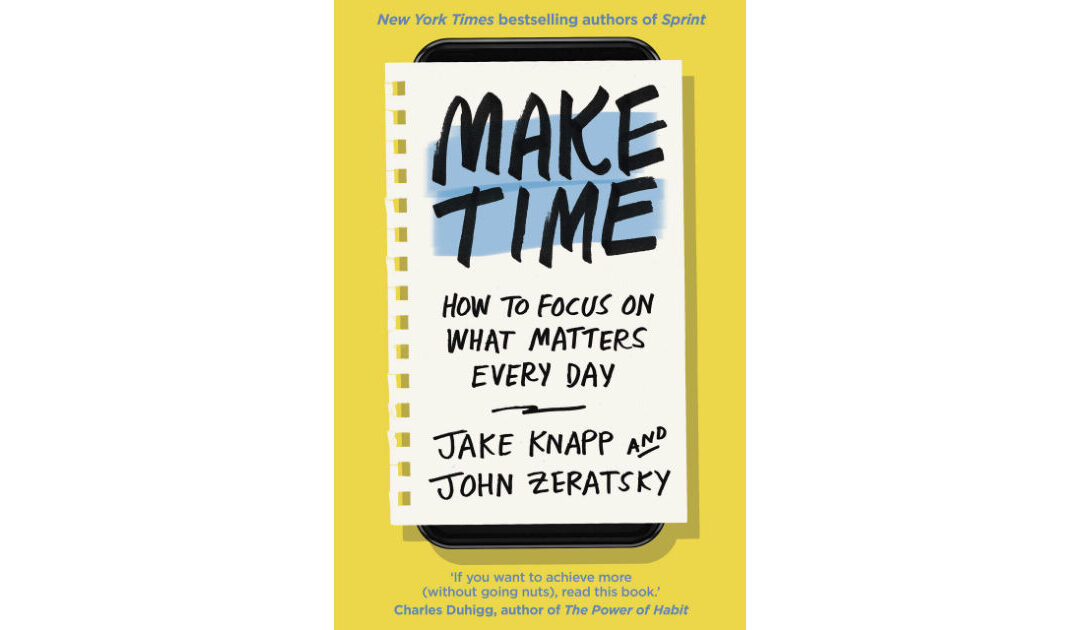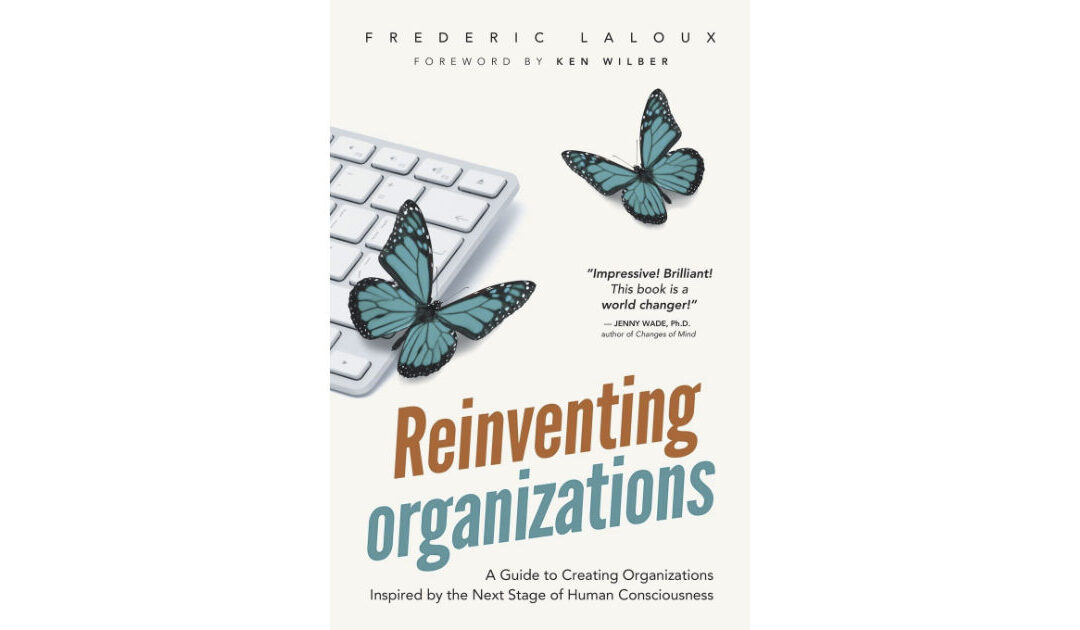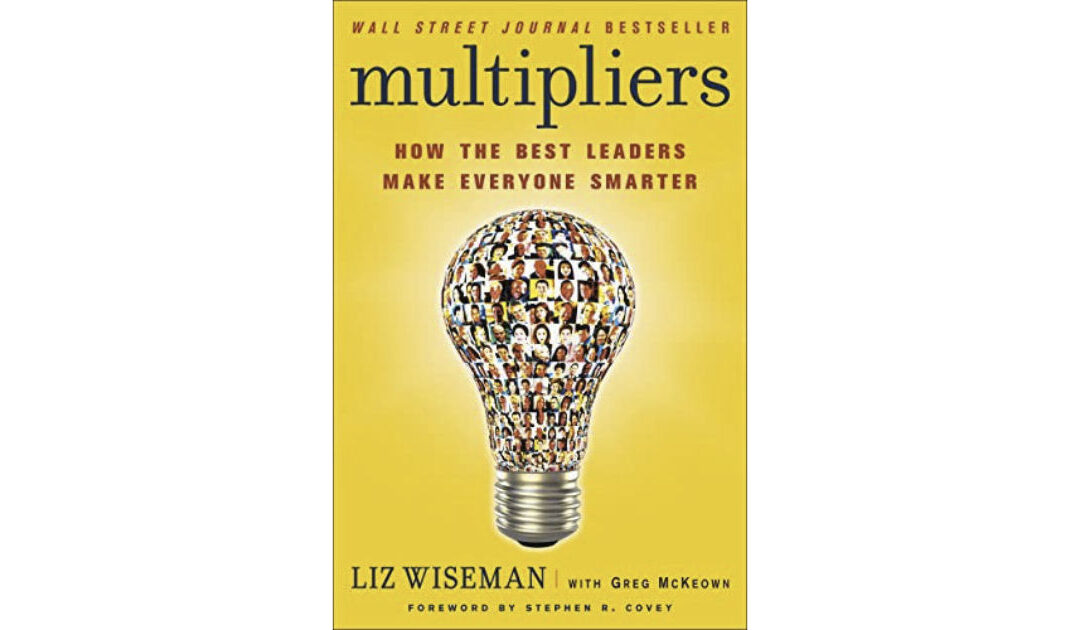The energy that circulates within meetings is indicative of collective performance. Why is it then that meetings are often experienced as a painful and incurable disease?
Let’s transform our meetings into moments of energy that create value.
The nightmare of meetings
Let the day end quickly so we can get to work! In many organizations endless meetings are part of the corporate culture. For many employees and managers the day is punctuated by energy-consuming, inefficient meetings populated by ghosts who are more active on their PCs than inspired and inspiring contributors. An inescapable fatality.
Exhausted but flattered, we play our part, proud to participate in this play staging the incarnation of power.
A schedule in which meetings follow one another at a frantic pace is the ultimate sign of recognition of an important person’s status. We wouldn’t miss a meeting for anything in the world. An absence would mean a loss of influence.
Not contributing? Move along, there’s nothing to see! Companies that transform their meetings into moments of encounter, collective energy, debates, decisions, feedback and learning become collectively successful. The energy that circulates within meetings is the pulse that reveals the collective performance of the company. Why is it then that our meetings are experienced as a painful and incurable disease?
Let’s take care of our meetings
Some situations require the collective to come together to express itself, to listen, to explore, to debate – to diverge in order to explore new fields of possibility. Other situations require making choices, pruning, aligning, acting – to converge in order to move forward and implement. Finally, other situations require cultivating collective energy, taking a step back, making adjustments.
Each need has its own meeting, its own operating mode, its own actors, its own framework.
The collective needs energizing meetings to develop its power, beyond the individual contributions of each.
Inspired by the principles of collective intelligence, there are different levers of action: the reason for the existence of a meeting, the contributors, the rules of operation, the physical setting, the exchange and decision processes, the preparation, the implementation of decisions and actions. Meeting management processes, from preparation to facilitation and follow-up, are essential for organizations that want to take full advantage of their collective.
Meetings at the service of the collective
Very often a new CEO means new meetings. Of course, he/she is the leader! However, let’s not be mistaken about the leader, because it is up to the group to define its operating mode. To ensure that our meetings are moments of positive energy, let’s regularly and collectively question the way we operate, the framework and the way in which employees exchange and synchronize.
By taking care of our meetings, we take care of the group. By transforming them into moments of value-creating energy, we make them levers of collective performance.


